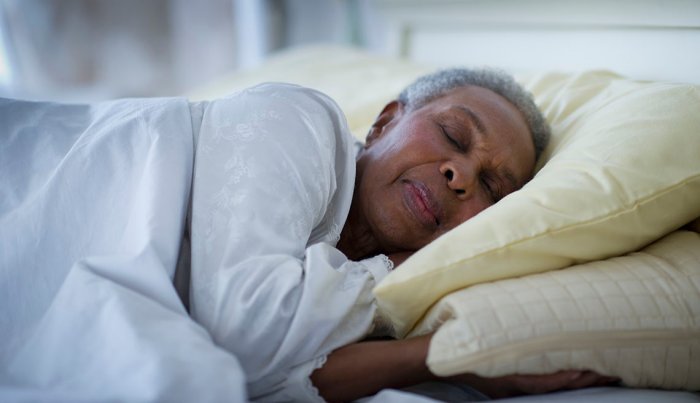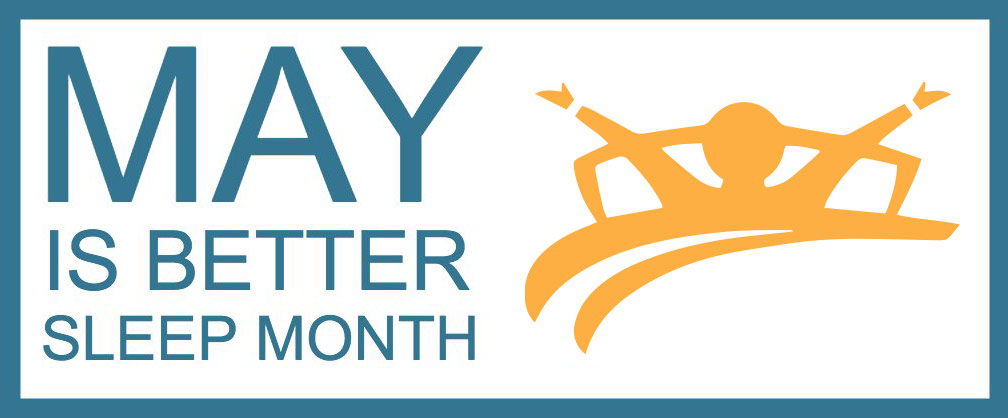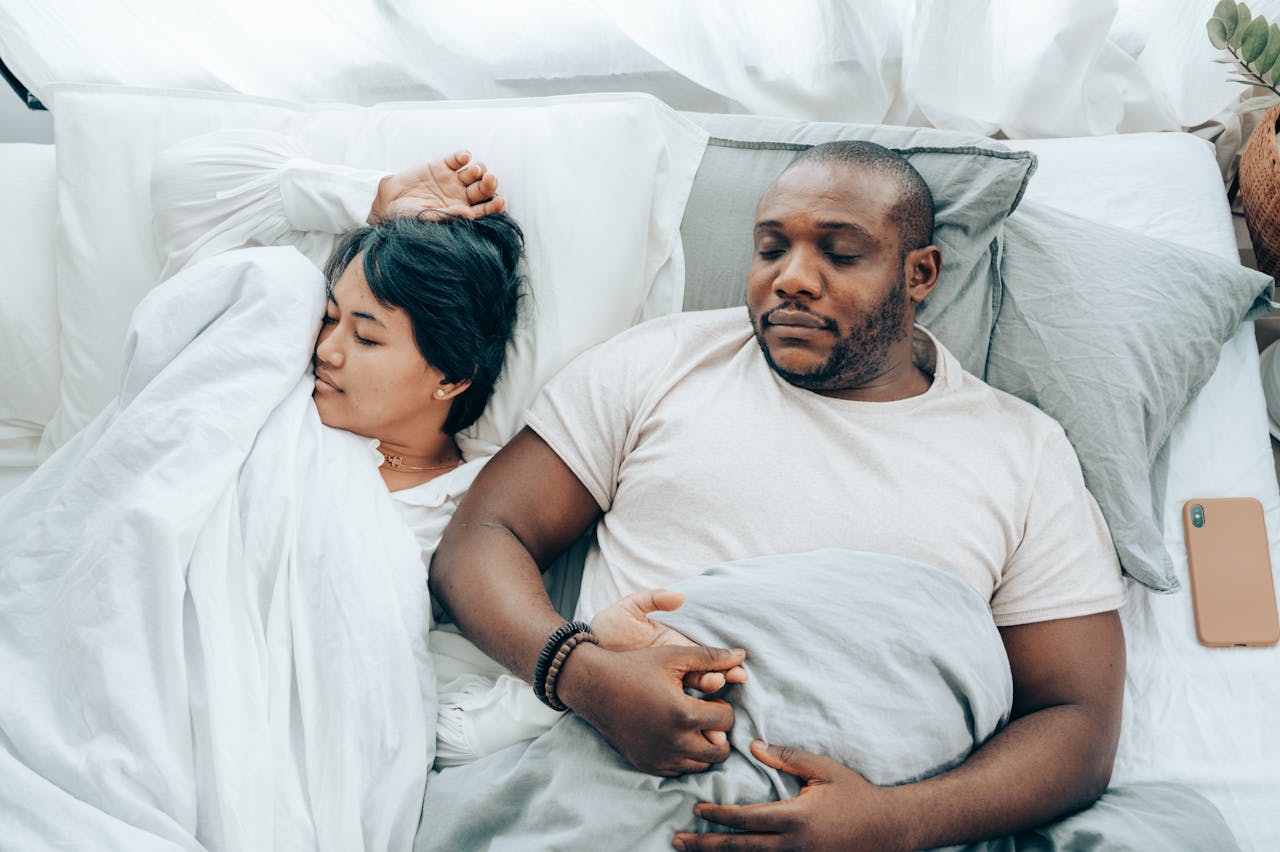June is International Men’s Health Month. Our friends over at the American Academy of Sleep Medicine know that sleep is vital for everyone, but there are differences in sleep for men and women.
Research has suggested that women tend to get more sleep, on average, than men. Work and family responsibilities can influence time spent sleeping.
A 2012 survey found that nearly a third (29.2%) of men achieved less than 6 hours of sleep on average each night. However, the AASM recommends 7 or more hours of sleep each night for optimal health.
There are many factors, such as hormone production, aging, or social and cultural differences, that influence how men and women sleep.
Many men may not get enough quality sleep each night despite spending enough hours in bed. It may be difficult to fall asleep or stay asleep. These may be signs of a sleep disorder.

Men’s health and sleep disorders
When left untreated, sleep disorders can affect men’s health in many ways. Sleep disorders can impact everything from mood to fertility in men. Poor sleep can increase your risk of developing other health issues as well.
Obstructive sleep apnea (OSA) is more common in men than in women. OSA is a serious sleep disorder that causes you to stop breathing during sleep. When you have OSA, the lack of oxygen your body receives during sleep can have long-term consequences for your health. Untreated OSA increases your risk for heart disease, high blood pressure, stroke, diabetes, and depression.
Studies have found a strong link between OSA and erectile dysfunction. However, according to one study, use of CPAP therapy can reverse the impact of OSA on erectile function.
The amount of sleep you get can have an impact on your health, too. Research has found that men with too little and too much sleep seem to be at higher risk for infertility compared to those who get 7-8 hours of sleep.
Lack of sleep can impact your mood and mental health. Sleep deprivation puts you at a higher risk of having depression, anxiety, and other mental health issues.
Men are also more likely than women to have REM sleep behavior disorder (RBD). RBD occurs when you act out vivid dreams as you sleep. It occurs at a higher rate in people who have Parkinson’s disease or who may develop it later in life.
How can men get better sleep?
Many men may find that they begin to sleep better when they adopt healthy sleep habits. Simple daily habits, such as getting regular exercise, increasing daytime exposure to sunlight, and limiting screen time before bed can all help improve your sleep.
Among these healthy habits is a suggestion to avoid alcohol before bed. While you may think alcohol helps you sleep, it can cause frequent nighttime awakenings. Alcohol use can also worsen the severity of breathing problems during sleep, such as snoring. This is important for men, who are more likely than women to drink excessively.
Poor sleep can have a big impact on men’s health. If you continue to experience poor sleep or suspect you may have a sleep disorder, get help from the sleep team at an AASM-accredited sleep center near you.
This article originally posted by The American Academy of Sleep Medicine at https://sleepeducation.org/how-sleep-disorders-affect-mens-health/https://sleepeducation.org/how-sleep-disorders-affect-mens-health/.










